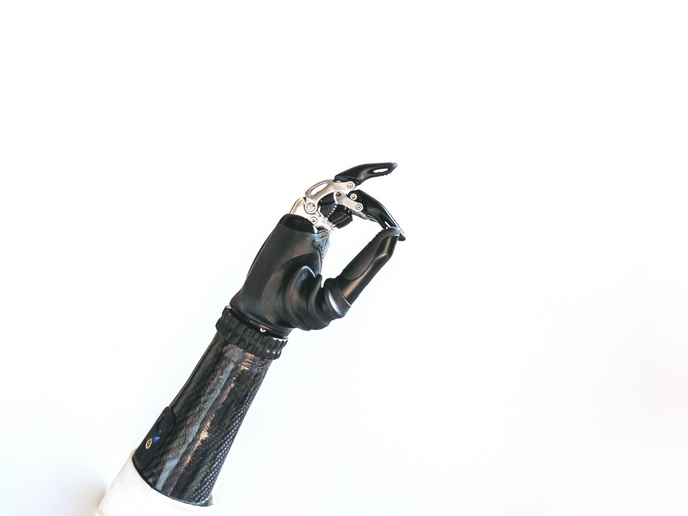Minimally invasive device addresses critical heart condition
Severe tricuspid regurgitation (TR) is a serious heart condition that can severely impact a patient’s quality of life, and even lead to death. The condition occurs when the heart is no longer able to pump sufficient quantities of blood to the lungs. “This pumping process occurs about 40 million times a year in every human being,” explains TRICARIX project coordinator Helmut Straubinger from TRiCares in Germany. “If a malfunction then occurs and it is not treated, the situation can get worse and worse.” While TR can theoretically be corrected with open-heart surgery, such a procedure presents dangers for patients who are often already weak. As a result, many patients with TR remain untreated, and continue to suffer from shortness of breath, performance limitations and other complaints.
Minimally invasive medical device
German start-up TRiCares sought to address this unmet medical need with a foldable heart valve that can be implanted in a minimally invasive manner. A key benefit of this would be avoiding open-heart surgery. “A minimally invasive option was already possible for aortic valve replacement,” remarks Straubinger. “However, this has proven to be much more difficult to achieve for the tricuspid valve – in fact this had not been done before we started work in 2016.” The TRiCares team set about developing the Topaz valve, which is based on a proprietary dual-stent prosthesis platform. From the beginning though, convincing investors was the hardest task. “In the early days, the first prototypes were inserted into pig hearts, to see if it could work at all,” says Straubinger. “Many tests were conducted to check durability, strength, tightness and much more. But healthy pigs are not ill humans.”
Successful safety trials
The EU-funded TRICARIX project enabled TRiCares to conduct the final large-scale efficacy and safety in vitro tests and in vivo studies required to achieve market approval for the product. Most significantly, positive long-term animal trials enabled the device to be implanted for the first time in a human heart. This was successfully achieved in Paris, France in 2021. “This was certainly the most important milestone that we have achieved,” he adds. “The implantation was a resounding success.” In less than half an hour, a French cardiologist was able to implant the new Topaz valve into the heart of a seriously ill 71-year-old woman. The patient’s life had been severely impacted by her condition, limiting her ability, for example, to climb stairs. “Shortly after the procedure, she was able to walk upstairs without losing her breath,” says Straubinger. “More than one and a half years later, the patient is doing very well, and associated symptoms she experienced as a result of TR have been resolved.”
Final clinical studies under way
To date, the Topaz valve has been implanted into 14 patients in Belgium, Canada, France and Germany. In Belgium, clinical studies got under way in late 2021. Other European countries, including France Germany and Switzerland, are set to follow. “In parallel, TRiCares is aiming to launch an Early Feasibility Study in the United States, followed by a pivotal Investigational Device Exemption study in several American-based clinical centres,” notes Straubinger. “Continuing with human implants and focusing on excellent clinical results is our highest priority. Designing the next size of the Topaz prosthesis to address all patients suffering from severe TR is the next challenge for us.”
Keywords
TRICARIX, heart, medical, tricuspid regurgitation, cardiologist, lungs







